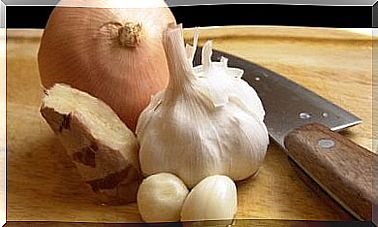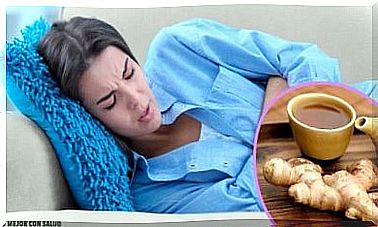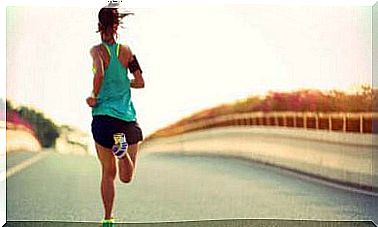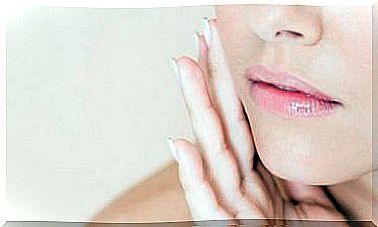Concussion: Symptoms, Diagnosis And Treatment
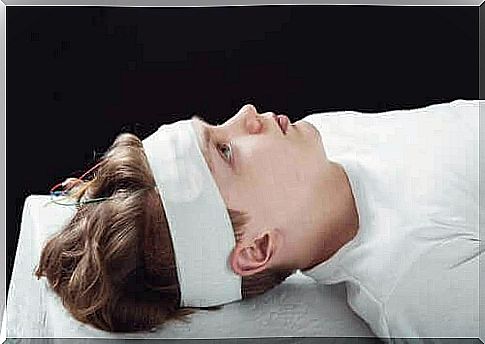
Concussion is an injury in which the brain loses its ability to function normally for a short period of time.
This disease often affects children, because the little ones are constantly jumping, running, playing and climbing. In the event of an accident, it may cause a concussion. A concussion is caused by a blow to the head which causes the brain to hit the skull. In this article, we take a closer look at concussion, its symptoms, and treatments.
Concussion symptoms
The symptoms of a concussion can be very subtle and may not appear until 24 or 48 hours after the injury occurs. Unfortunately, recognizing them can be difficult for babies and toddlers who are unable to describe how they are feeling.
Some symptoms that may indicate a shock experience include:
- Problems with balance and coordination. Unstable walking and difficulty performing simple activities such as playing soccer.
- Confusion.
- Short-term memory problems.
- Lack of energy.
- Sadness or sensitivity.
- Restlessness and irritation for no apparent reason.
- Problems with falling asleep.
- Sleep too short or too long.
- Loss of appetite.
- Excessive crying.
- Losing interest in your favorite activities.
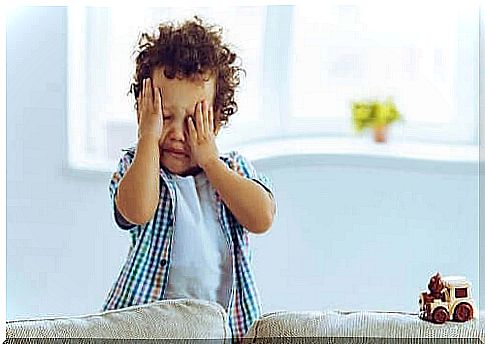
If your child has fallen and you suspect they may have a concussion but no symptoms, they may have had a minor injury that requires no treatment or medical attention.
However, if you notice any of the symptoms listed above after a few hours, it is imperative that you go to the doctor or hospital emergency department with your baby. After a few tests to find out the cause of your malaise, healthcare professionals will be able to assess whether you need treatment.
Take your child to the emergency department immediately if you notice the following symptoms:
- Recurrent vomiting
- Epileptic seizures
- Dizziness or loss of balance.
- Severe headaches
- Loss of consciousness and difficulty recovering
- The child does not know what is happening and has problems getting to know you,
- Mumbles and has trouble speaking (with children who are already fluent)
- The child suffers from visual impairment: has dilated pupils, sees as if in a fog and does not recognize objects,
- He had a hematoma or a large tumor on his head, as well as swelling and a burning sensation (especially in infants).
Concussion of the brain and its diagnosis
Be sure to contact your doctor if you have any questions, because concussion, which was diagnosed at the right time will not cause other health problems.
However, if you do not watch your baby’s symptoms closely and do not take appropriate action immediately, the shock can cause damage to the brain. This will lead to a deterioration of motor and cognitive functions and slow down the development of the child’s senses.
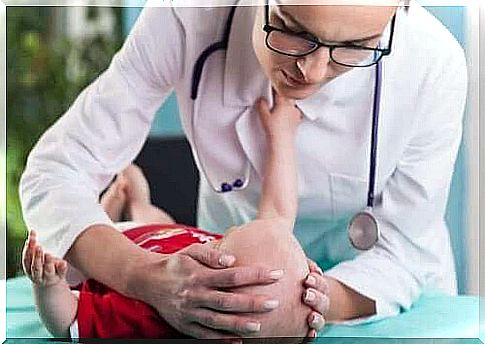
The doctor will conduct a thorough examination by assessing the functioning of the child’s nervous system to diagnose the injury. It can test his balance, coordination and reflexes. In addition, proper diagnosis may require computed tomography or magnetic resonance imaging to determine the degree of damage to the brain and adjacent structures.
Treatment
Treatment depends on the severity of the injury and the characteristics of the child. If the doctor does not recommend hospitalization, he will certainly recommend the following home care for the child:
- Rest and reduce physical activity for a certain period of time so as not to worsen the child’s condition and prolong the recovery period.
- Avoiding cognitive activities. The child will not even be able to go to school or nursery, so as not to worsen the symptoms.
- After some time, you will gradually return to your daily activities.
- Your child will need to drink plenty of fluids and avoid junk food.
Post-concussion syndrome
Most children are able to recover completely from concussion if it is properly treated. However, sometimes they may develop the syndrome after concussion.
The main feature of this syndrome is the appearance of lesions after the end of concussion treatment. Nobody knows why symptoms last longer in some people. They are usually not directly related to the severity of the injury. Their ascension may be associated with several recent concussions.
